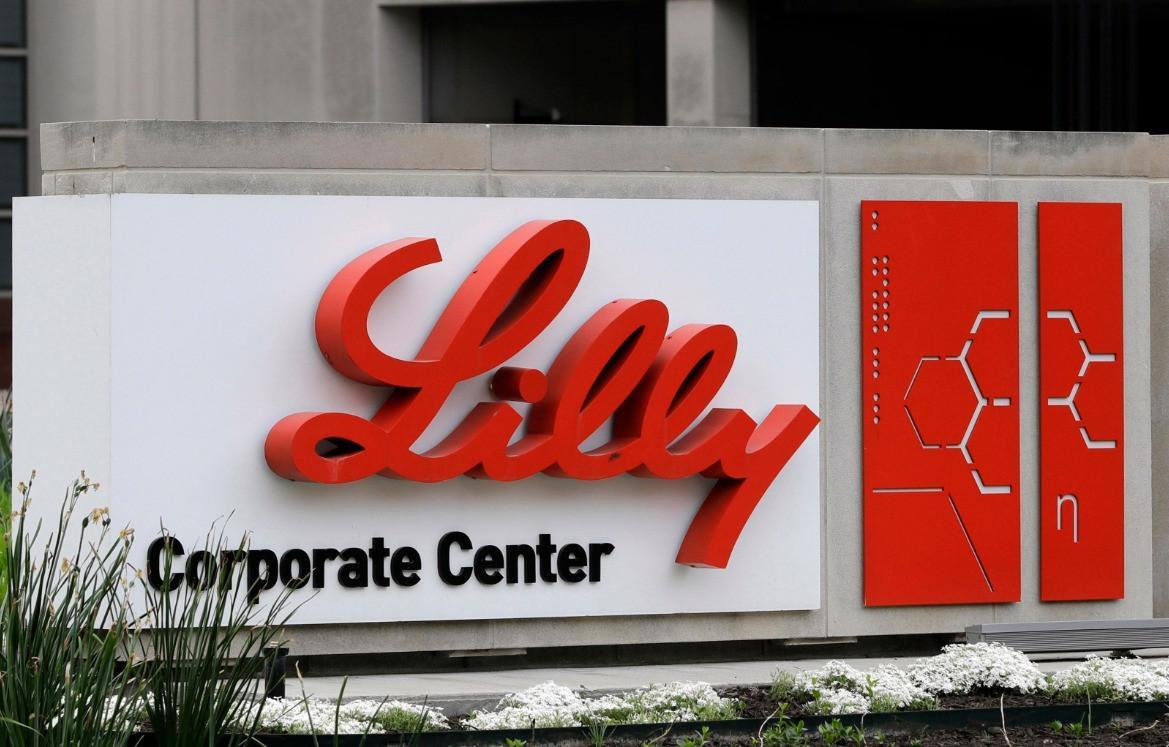Eli Lilly hopeful of Alzheimer's drug approval after promising results
WASHINGTON

A second Alzheimer's drug proven to slow cognitive decline was a step closer to U.S. approval on July 17 after clinical trial results published in a top journal confirmed its efficacy.
Many experts have hailed the developments as major breakthroughs after years of little progress in the field, although others have urged caution, casting the benefits as modest while noting the high costs and risks of life-threatening side effects.
In an analysis of nearly 1,200 people with the early stages of Alzheimer's disease, the drug called donanemab slowed the progression of symptoms by 35 percent over a period of 18 months compared to placebo, according to a paper in the Journal of the American Medical Association (JAMA).
This was measured by the people's results on cognitive tests and ability to carry out daily tasks.
The drug, taken as an intravenous injection every four weeks, is made by drugmaker Eli Lilly, which said it expects regulatory action in the United States by the end of the year.
The new paper comes days after the U.S. Food and Drug Administration took a step that made Leqembi, produced by Biogen and Eisai, available on the government-run insurance program for the elderly called Medicare.
Both work by targeting amyloid beta, a protein that impairs cognition when it accumulates in the brain.
"These first-generation drugs are by no means perfect, but represent an important breakthrough," Giles Hardingham, interim director of the U.K. Dementia Research Institute, said in a statement.
At the same time, however, he said it was important to realize that Alzheimer's is a complex disease, and amyloid beta was just one element in its genesis.
But in an editorial in JAMA that accompanied the new results, Eric Widera of the University of California, San Francisco and colleagues said it was too early to declare the new medicines would be beneficial over the long run.
Donanemab and Leqembi, also known as lecanemab, do not cure Alzheimer's - rather they lead to "slightly less worsening" in patients, they said.
"The modest benefits would likely not be questioned by patients, clinicians, or payers if amyloid antibodies were low risk, inexpensive, and simple to administer. However, they are none of these," the authors wrote.
















